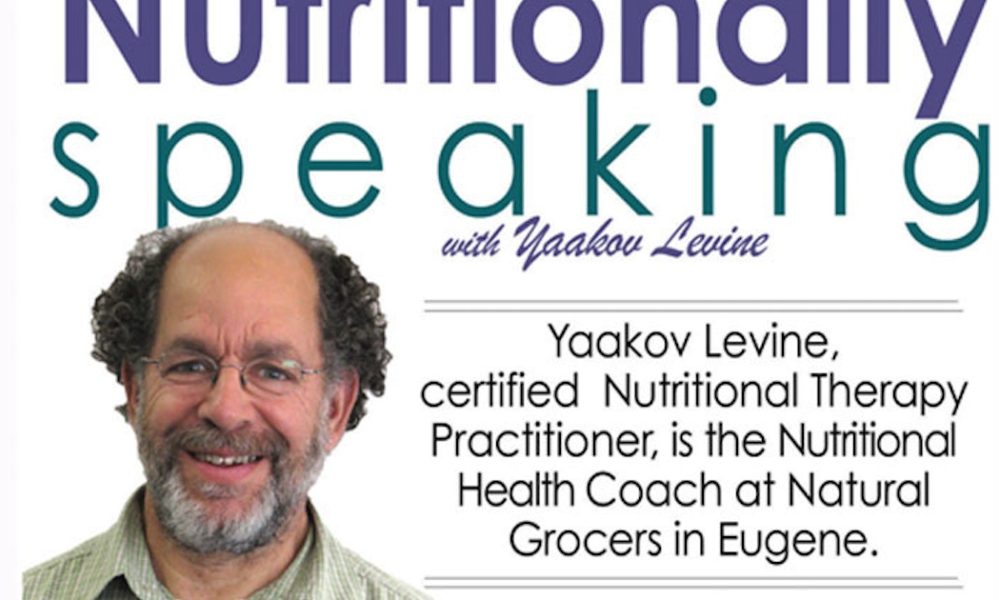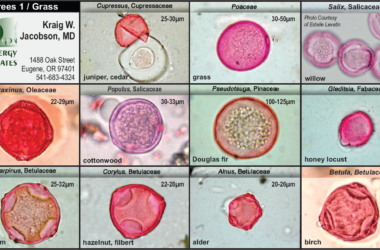
We celebrate Heart Health Month in February, but since heart disease is one of the top health issues in our modern world, every month is truly the time to choose what we eat with heart health in mind. In my family, when I hear from distant relatives, it is a rarity to not hear of the latest cousin with some heart or vascular system concern.
In my many conversations with folks about dietary choices, many are still concerned with limiting intake of healthy fats from coconuts or pasture-raised meats, but won’t think twice about enjoying that daily donut, muffin or sugary bowl of cereal.
In a study published in the JAMA (Journal of the American Medical Association), researchers found that sugar intake (not the fats) increased the incidence of death from heart disease. In an editorial that accompanied the study, Laura Schmidt, a health policy specialist at UCSF, wrote that, ”Too much sugar does not just make us fat, it can also make us sick.”
In her book, ”Put Your Heart in Your Mouth,” author and cardiologist, Dr. Natasha Campbell-McBride offers diet alternatives to drug therapy as the first step for a healthy cardiovascular system. She has found in her research and practice as a physician that eating a diet that will prevent or reduce inflammation can be a better long-term choice than medications commonly prescribed such as statins.
Dr. Campbell-McBride suggests:
* Eat meat from healthy animals free of pesticides and antibiotics. Avoid processed meats such as bacon, sausage, ham, deli and canned meats. Avoid lean meats, and if you eat chicken eat the skins, and get the benefits of the animal nutrients as nature intended them.
* Eat fresh or frozen fish and seafood. The smaller, oily fish (such as sardines) have the most benefits, especially the anti-inflammatory Omega-3 essential fatty acids.
* Eat eggs from ”free range” chickens, preferably those fed organic feed. Eggs are an important food and supply many essential nutrients. According to McBride-Campbell, we should all eat a couple of eggs daily. In her book she cites studies that show that eggs improve learning ability and behavior in children.
* Eat plenty of fresh vegetables, not canned, because they lose nutrients during processing. Eat both cooked and raw vegetables. The cooked veggies are easier to digest and provide warm nourishment for the body. Raw veggies are important because they help cleanse our bodies with their detoxifying ingredients and healthy fiber.
* Eat plenty of fresh organic fruit. Choose fruit that is ripe because it will be easier to digest. As with vegetables, some of the best fruit comes from backyard gardens, and is ripened before harvest.
* She suggests that raw, unprocessed dairy has important nutrients for our cardiovascular health. Raw milk and cheese contain the enzymes needed for digestion and usually are well tolerated by those whose digestive systems react negatively to processed dairy. We have raw milk available straight from some of the farms in our area, and I have been enjoying raw milk and kefir again.
* Raw, unprocessed nuts and seeds are packed with vital nutrients that help prevent heart disease and are a great snack alternative to cookies, cakes and candy. Some nuts and seeds can even be ground into flour and used in your baking. Pumpkin seeds are a favorite snack of mine and contain lots of zinc, an important nutrient that supports the immune system.
* Buy organic beans and soak them for at least 12 hours prior to cooking to make them more digestible.
* Use only best-quality oils as provided by nature. This includes the fat from pasture-raised meat, butter, ghee (clarified butter), coconut/palm oils, cold-pressed virgin olive or avocado oil. Cold-pressed oils are more difficult to produce than the extraction methods using chemicals and are worth the extra cost.
* Buy whole, unprocessed grains (local when available) and soak them prior to cooking to reduce the lectins that can damage gut walls and phytates that can inhibit mineral absorption. Soaking grains overnight will help you digest the starches and proteins in the grains. Eat your grains with fat to slow down the digestion of the carbohydrates and you will avoid a quick release of sugars into your system. Avoid highly processed breakfast cereals, even the healthy ones. The processed grains and sugar make it more like cookies and donuts than a healthy way to start your day.
* If you are looking for a healthy alternative to sweeten your food, try dried fruit or raw honey, such as that available locally from Bear Mountain Honey in Creswell. Honey and dried fruit are rich in nutrients and will not generally cause inflammation.
* Include fermented foods in your diet. These foods, such as sauerkraut (fermented cabbage) and kefir, a cultured milk drink help strengthen the good gut bacteria that help support our immune system, increase our energy level and assist in proper digestion.
Here is a no-bake recipe for a healthy, chocolaty treat:
”Brownie” Treats
Ingredients:
3 Tbsp. coconut oil
1 medium apple, grated finely
½ cup unsweetened coconut, finely shredded
2 Tbsp. ground flax seeds
¾ cup carob or cocoa powder
Directions:
In a flat pan or baking dish, crush coconut oil with fork until lumps are gone and oil softens. Grate apple and use fork to mix well into the coconut oil. Add coconut and flax; mix with fork. Add half of the carob/cocoa powder and mix carefully into wet mixture. Add second half of carob/cocoa powder, and mix thoroughly. Mixture should be slightly dry and sticky.
Using wet hands, roll into one-inch balls and sprinkle with more coconut or carob powder. Or, press into a 5×8-inch oiled pan for a ”brownie.” Chill until firm, about 30 minutes. Salud!








